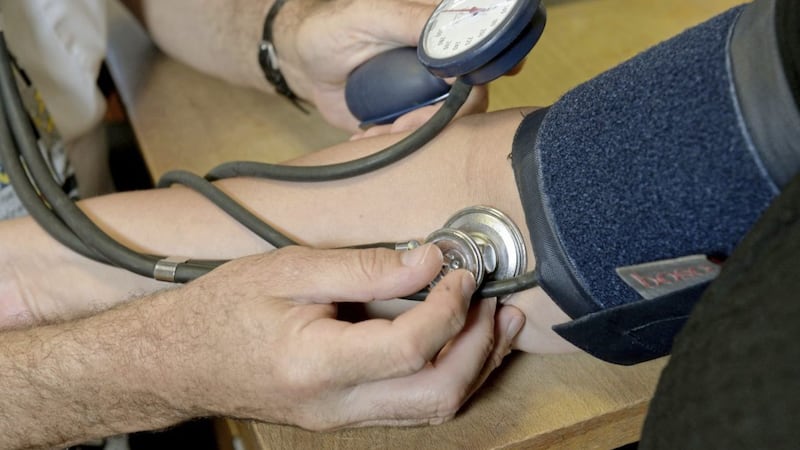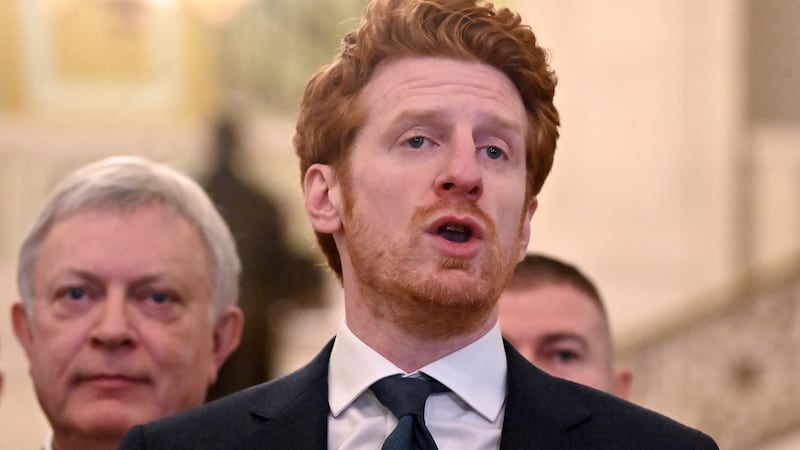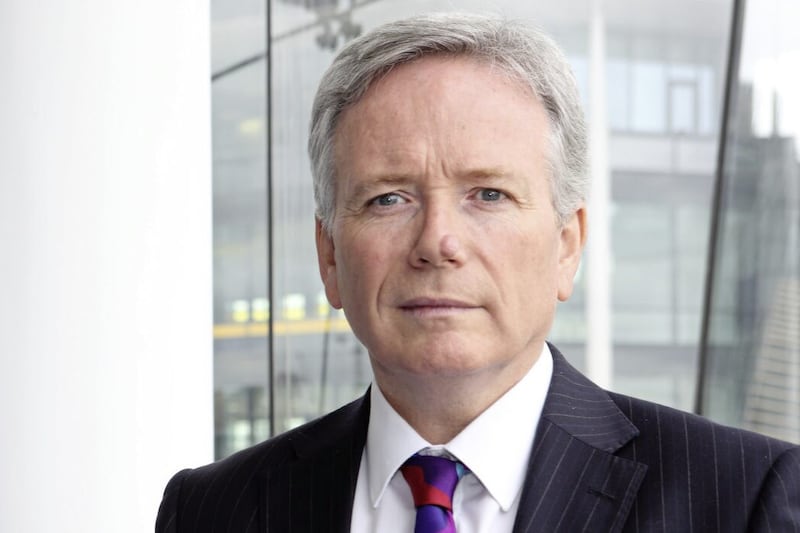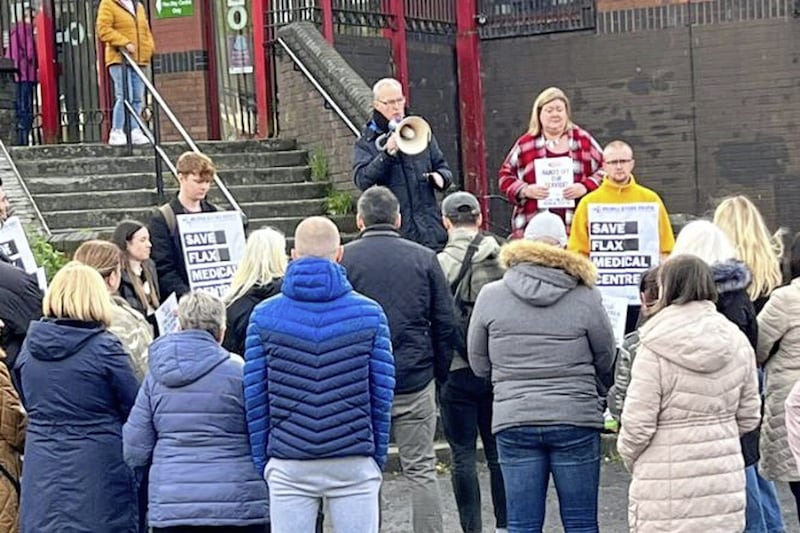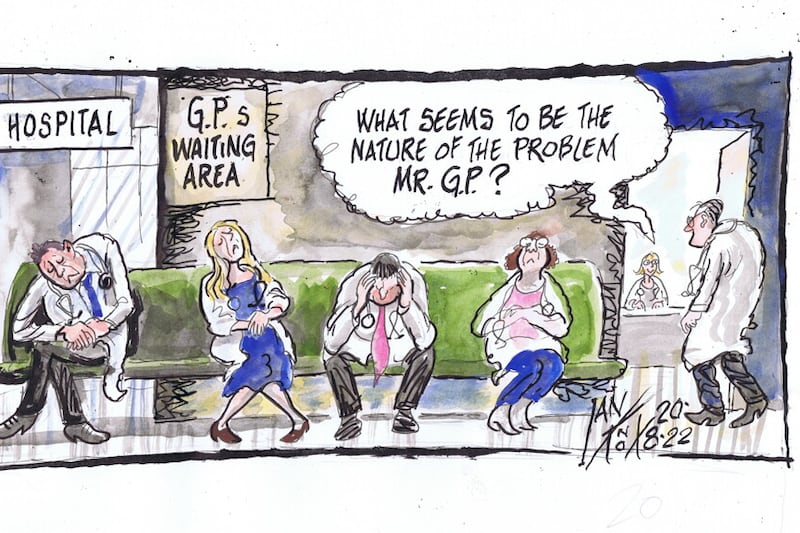THIRTY-one GP surgeries in the north have shut since 2014, new figures from the Department of Health have shown.
The nine per cent reduction in practices in eight years comes as the number of registered patients per practice rose by 15 per cent in the same period.
The department's data shows that more surgeries closed in the Western Health Trust area - 16 per cent - in the period examined than anywhere else.
This is compared to the Northern Trust area, which saw a reduction of five per cent.
Despite there now being fewer surgeries - 319 in total as of March this year - the number of GPs working in the health service has risen by 20 per cent - around 1,419.
The north currently has the second highest number of GPs in the UK per 100,000 people, behind Scotland. More than two million patients in the north are registered with GPs.
The average cost to the Health and Social Care's Business Services Organisation per patient since last year was £169 - up £11 from the 2020 - 2021 period.
Of the new GPs registered here since 2014, 60 percent are women.
The data also shows that 30 per cent of new patients registering with GPs since last year are non-UK nationals.
The chair of the British Medical Association's NI GP committee, Dr Alan Stout, said the new figures outline the "pressure" faced by GPs who are working in fewer practices but dealing with more patients.
"We need to see a faster roll out of the multidisciplinary teams, continued increase in training numbers, changes to pension taxation to prevent GPs retiring early, an indemnity solution for Northern Ireland to match the rest of the UK and a significant investment in our premises, many of which are substandard," he said.
"It is also worth noting that the £11 increase per patient is not a sum that goes directly to practices, it includes an investment in the wider health system, which is the right direction of travel but we still need the staff and the premises to support it."
